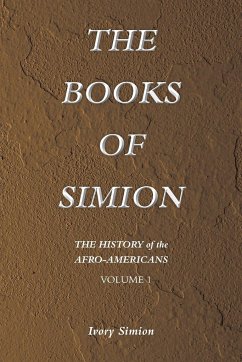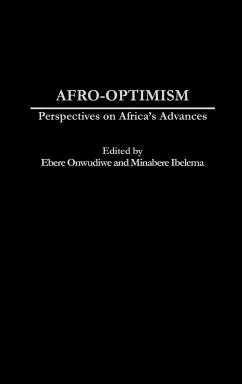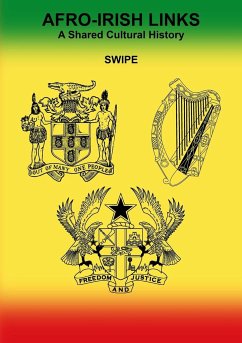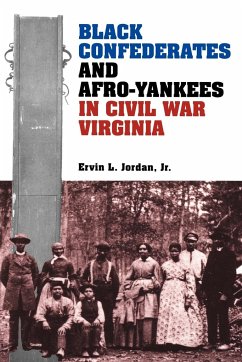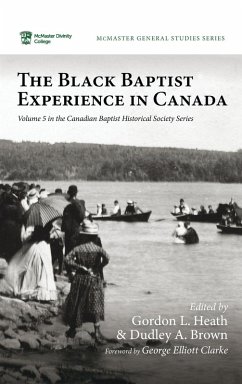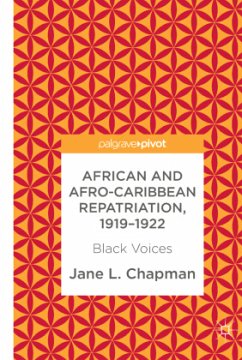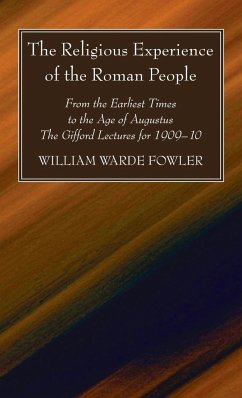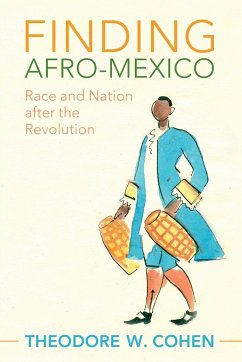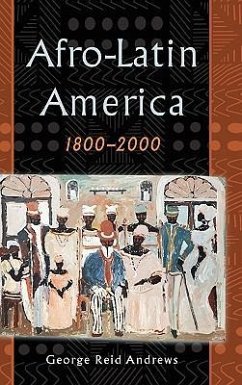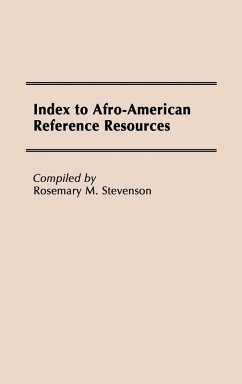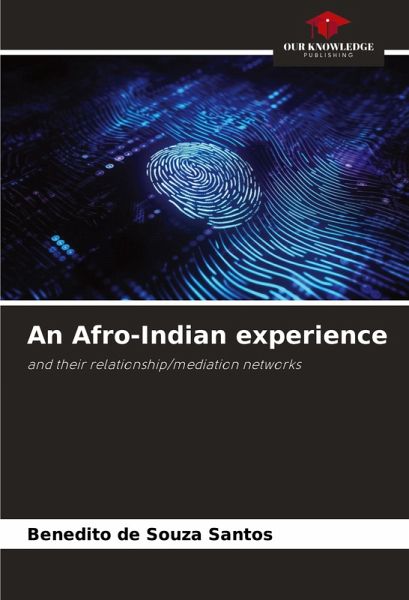
An Afro-Indian experience
and their relationship/mediation networks
Versandkostenfrei!
Versandfertig in 6-10 Tagen
33,99 €
inkl. MwSt.

PAYBACK Punkte
17 °P sammeln!
In 1988, the local government in Caravelas-Bahia organized a party to commemorate the centenary of the abolition of slavery. Attention was drawn to the actions of a group of young people in spontaneous protest against the 100th anniversary of the abolition of slavery in Brazil. For the group, there was no reason to celebrate, arguing that it was a false abolition. From that moment on, they realized the need to make it institutionally official and so, in 1992, the Arte Manha Cultural Movement was born. Today, the Arte Manha Cultural Movement develops work linked to cinematographic, theatrical a...
In 1988, the local government in Caravelas-Bahia organized a party to commemorate the centenary of the abolition of slavery. Attention was drawn to the actions of a group of young people in spontaneous protest against the 100th anniversary of the abolition of slavery in Brazil. For the group, there was no reason to celebrate, arguing that it was a false abolition. From that moment on, they realized the need to make it institutionally official and so, in 1992, the Arte Manha Cultural Movement was born. Today, the Arte Manha Cultural Movement develops work linked to cinematographic, theatrical and audio visual culture, producing and showing videos and short films. Thus creating two new movements within the community: Avenida Filmes and the Cine Clube Caravelas Filme, innovative ways of denouncing social exclusion and developing heteronymy through culture. This work is the result of my reflections on the construction of the Afro-indigenous category as the result of a historical, cultural and political process, as well as a journey of individual and collective actors who reconstruct their identities, seeking, in this case, to overcome the black-indigenous polarity.





